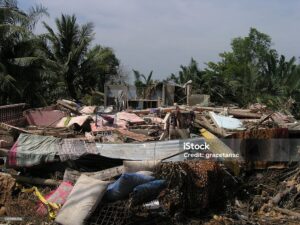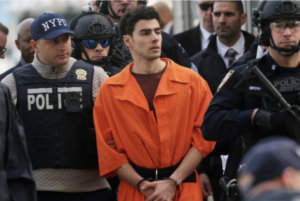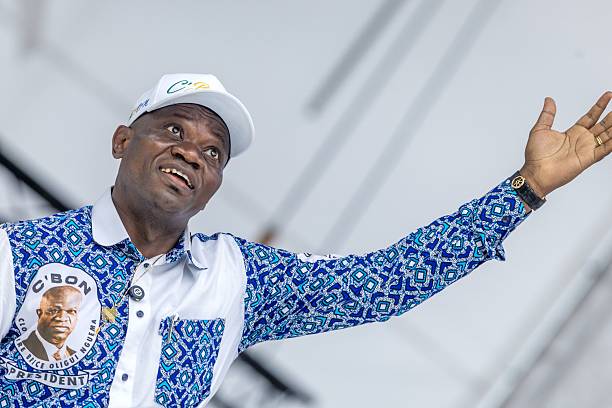The current frontrunner in the race is General Brice Oligui Nguema. He is the leader of the junta who took charge following the coup. Despite promising a return to civilian governance, Oligui Nguema’s candidacy has stirred debate both within Gabon and internationally. As voters head to the polls, Gabon’s future as a democracy remains uncertain. Observers are keenly watching how the election will unfold.
A Divisive Military Takeover and the Promise of Change
When the military seized control, it claimed that it was acting in the best interest of the country. They promised to restore order and initiate reforms that would lead to a more democratic process. General Oligui Nguema, as the head of the junta, declared that Gabon would return to civilian rule through free and fair elections. This promise has kept international observers and Gabonese citizens on edge. They wonder whether the military will truly relinquish its grip on power.
The 2023 coup followed years of political unrest and dissatisfaction with the Bongo regime. This, particularly after the disputed re-election of Ali Bongo, who had been in power since 2009. The election, marked by widespread allegations of fraud, led to violent protests and growing frustration among the Gabonese population. Indeed, they felt the political system had been rigged to keep the Bongo family in power indefinitely.
Oligui Nguema: A Controversial Path to Power
As the election draws near, General Oligui Nguema’s candidacy remains a point of contention. While he is widely regarded as the most powerful figure in Gabon today, his past as the leader of the military junta raises questions about his commitment to true democratic reform. Although he has pledged to return power to civilians, his leadership has been characterized by heavy military involvement in politics. Thus, leaving many skeptical about the extent to which the military will truly step aside.
Oligui Nguema’s chances of victory appear strong, as he remains the central figure in the country’s current political landscape. Early reports indicate that he has widespread support among those who see him as a stabilizing force in a nation that has experienced decades of political uncertainty. However, critics argue that his continued dominance suggests that Gabon may not be ready for a full democratic transition.
A Test of Democracy: Can Gabon Truly Transition to Civilian Rule?
As Gabon prepares to cast its ballots, the election will serve as a crucial test for the country’s political future. Will the military allow a legitimate civilian government to emerge? Or, will it use its influence to ensure that Oligui Nguema remains in control? Observers are paying close attention to every step of the election process. The fairness and transparency of the vote are being handled with particular scrutiny.
Military’s role in the election process will be pivotal in determining whether the election can be considered a true democratic exercise. The international community, while hopeful for a peaceful transition, has made it clear that it will not accept a rigged process. Therefore, pressure is mounting on the junta to ensure that the election results reflect the will of the people and that any transition of power is peaceful and orderly.
The International Response: Caution and Hope
The international community’s response to the ongoing election has been cautiously optimistic. Regional organizations like the African Union and the Economic Community of Central African States (ECCAS) have called for a transparent election process and the peaceful transition of power. However, many foreign governments remain wary, noting that Gabon’s political landscape is still deeply shaped by military influence.
International observers have been deployed to monitor the election. The world is watching closely to see if Gabon can prove its commitment to democratic values. For Gabon, this election is not just about the future of its leadership. It’s about the country’s place in the broader context of post-coup Africa, where many countries are grappling with the balance between military power and civilian governance.
What’s at Stake: Gabon’s Path to Stability and Democracy
At its core, this election is about more than just the political future of one country. It symbolizes a larger movement across Africa, where military coups and authoritarian rule are increasingly met with resistance and calls for democratic reforms. Gabon’s success or failure in this election could send a powerful message to other countries in the region grappling with similar issues of military dominance and governance.










